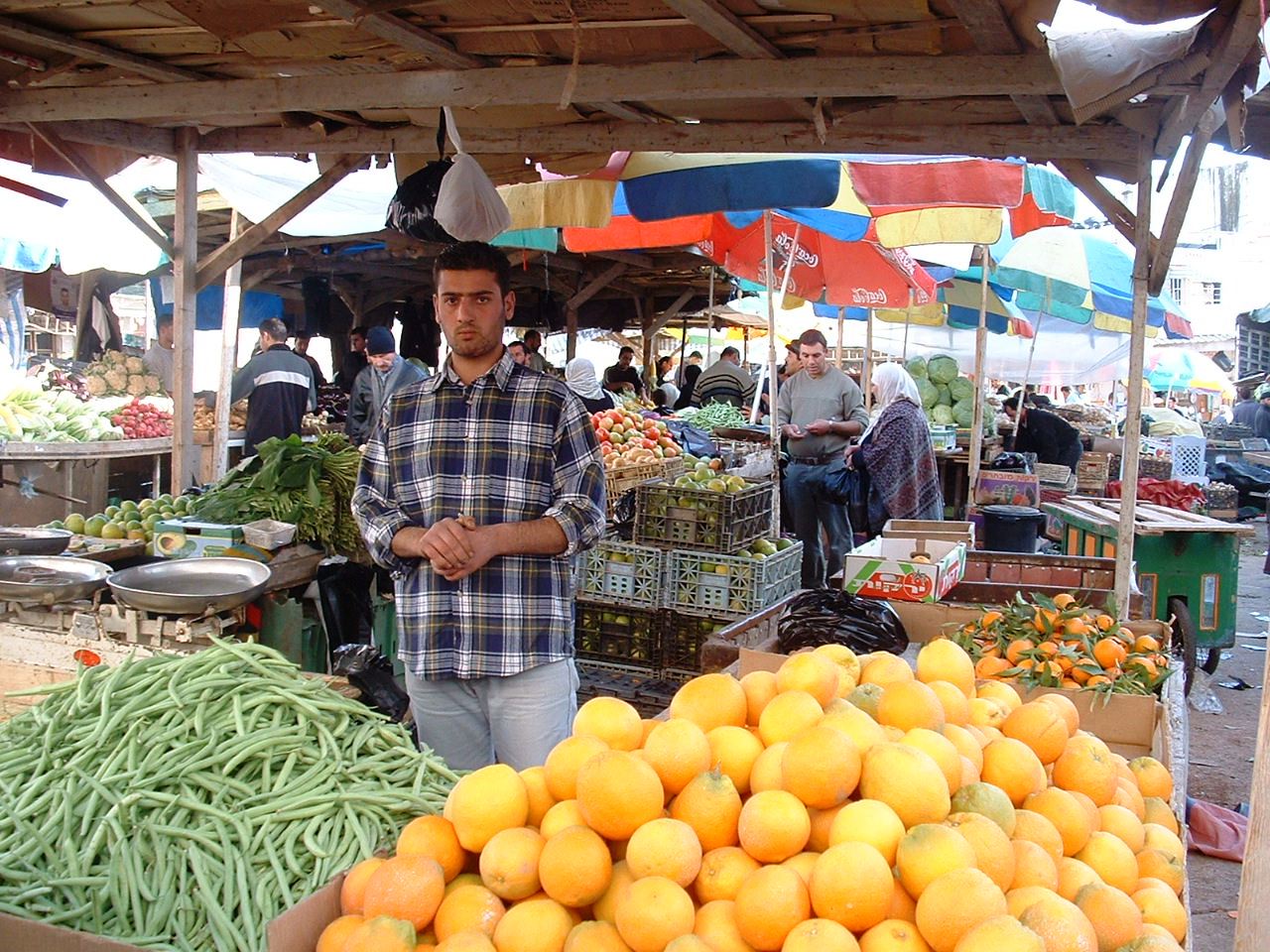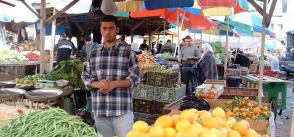
Wicked trade-offs between environmental SDGs and food security
A new analysis examines the interconnections between the Sustainable Development Goals, identifying policy pathways that lead to trade-offs, and others that could bring benefits on multiple fronts.
As world leaders gather in New York for the UN General Assembly, one year after the formal adoption of the Sustainable Development Goals (SDGs), a new study published in Science Advances, the online journal of Science magazine, finds that policies focused solely on the environment tend to increase food prices. However, the study goes on to identify sustainable consumption and production practices as key to achieving both environmental and food security targets simultaneously. The study also emphasized the need for timely action, showing that delayed action on climate and land use could lead to even greater food price increases.
“We find a general trade-off between policies designed to protect the environment, and those designed to reduce food prices,” explains IIASA researcher Brian Walsh, who co-led the study along with IIASA Ecosystems Services and Management Program Director Michael Obersteiner. “Yet there are some broader policies that can reduce these trade-offs, reduce the pressure on the system overall so that there’s more room to achieve multiple goals.”
[Full article here | Photo by D'Arcy Vallance]







